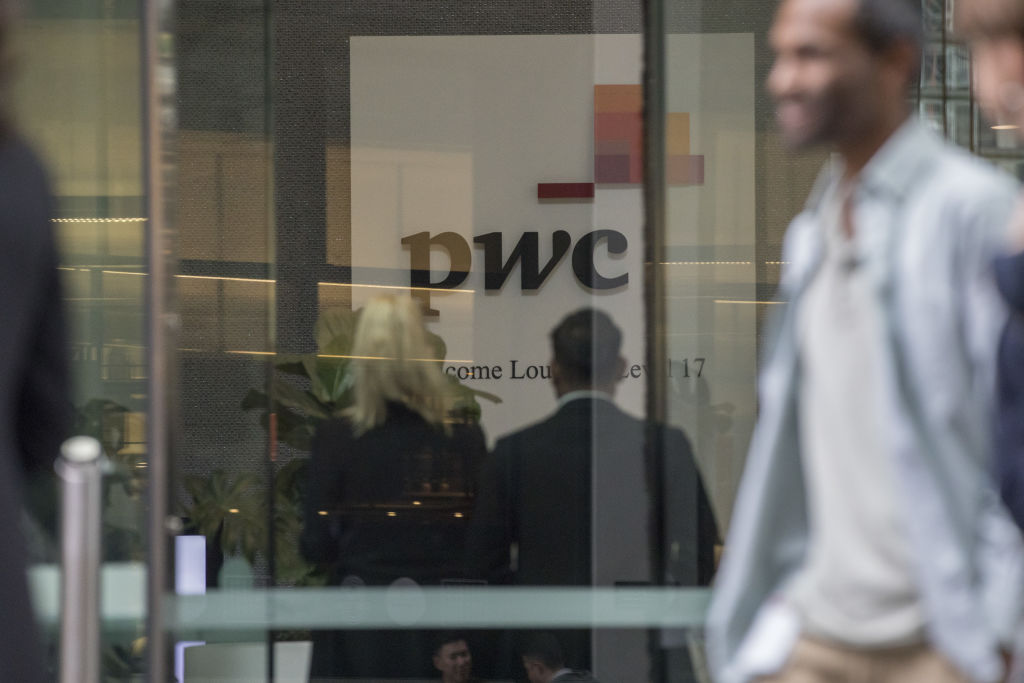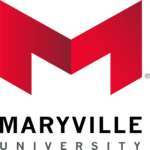Accounting has historically been a “starting-point” profession for many business graduates, says Rod Adams, talent acquisition leader for PwC, a Big 4 accounting and professional services firm. But that reputation has changed more recently. In a two-year span, the total number of accountants and auditors fell a staggering 17%, according to the U.S. Bureau of Labor Statistics.
There’s no singular reason why interest in the profession has dropped, but indicators show it could be the coursework (an additional 30 credit hours) required to become a certified public accountant (CPA) and new career options available to college graduates who may have otherwise become accountants, Adams explains.
“There’s just so much more opportunity out there now especially in the business world: marketing, finance, data analytics, whatever it may be. That was driving some people away from the accounting profession,” Adams says.
In an effort to attract more entry-level workers to the profession, PwC offers several programs to ease the process of earning the extra credit hours required to become a CPA. Typically, a bachelor’s degree satisfies about 120 credit hours, but to become a CPA—which comes with a higher salary and more career possibilities—accounting students must complete 150 credit hours. By doing so, who make about 10% to 15% more than non-CPA accountants, according to Salary.com.
A popular path taken among accounting students is completing a master’s degree in accounting, though typical barriers of entry like the associated cost and time commitment can deter college graduates from this option. To combat these hurdles, PwC offers the following four programs to help new accountants earn the credit hours necessary to become a CPA.
1. While You Work — CPA Acceleration Program
As the name of the program indicates, new entry-level accounting hires at PwC can earn their master’s in accounting while they work. Established in 2021 in collaboration with Northeastern University, PwC covers the tuition of a master’s degree in accounting for these employees while they work at the company.
During a “fellowship” year at PwC, Black and Hispanic/Latinx rising college seniors or recent college graduates learn while they work through a customized master’s program. Students in this program work part-time for PwC while completing the online degree and can earn a position as a full-time associate after the yearlong program.
PwC has had two cohorts complete the program and just recruited its third cohort. In its first year, the program included 40 participants, which grew to 60 in its second year. The cohort that starts this June includes almost 150 participants. The success of PwC’s initiative indicates there are creative ways to attract a more diverse group of accountants to the field, bucking the trend in master’s degree programs.
“While enrollment is trending down across the board, diversity in accounting has always been a challenge,” Adams says. “The percentage of diverse talent—Black and Hispanic tech talent—graduating with an accounting degree is relatively low, so we were looking to try to drive more interest in accounting specifically with those populations.”
To qualify for the program, students must apply to the fellowship position and also the master’s in accounting program at Northeastern. Participants spend about 40% of their time working, but spend more time on work than studies during busy season in the spring.
2. Saint Peter’s University pilot program
Earning a master’s degree may not be appealing to all CPA candidates, so PwC also worked to launch a separate program with Saint Peter’s University in September 2022. This program allows participants with 120 credit hours to earn the additional 30 credit hours needed to become a CPA through work experience alone.
Program participants work full-time at PwC and earn time toward the 30 credit hours through experience with project management, data analytics, teamwork, and leadership—which then turn into course equivalents. Participants don’t have to take any online courses, rather “it’s purely their work experience that is getting translated into credits,” Adams says. It can take about 12 to 18 months to earn the credits.
Thus far, six students have participated in the program. Program participants must apply to the traditional associate role with PwC.
3. Destination CPA
In April, PwC held its first Destination CPA program, a three-day, in-person event for aspiring accountants who are in their sophomore or junior year of college to learn more about the profession. All of the approximately 1,200 participants who attended the program were extended an offer for an internship in audit and tax accounting with PwC for spring 2024, and 90% of them accepted the offer.
The main goal of the program is to help participants better understand the skills needed for a career in accounting. Interested students must apply to the program and must be an accounting major pursuing the 150 credit hours necessary to become a CPA. Travel and accommodations for the event were also paid for by PwC. Announcements haven’t yet been made about another offering for the program.
“Accounting has opened up doors that people would not have expected for them,” Adams says. “Make the most of the experience. It’s important to focus on the grades and get a major, but that engagement in the university, networking with their peers, networking with organizations, and learning more about what [accountants] do and meeting professionals is critically important. I would encourage students to make the most of those opportunities that are presented to them on their campus to network and build relationships.”
4. Access Your Potential
In spring 2021, PwC launched a $125 million commitment to help 25,000 Black and Hispanic/Latinx college students prepare for careers in accounting, auditing, and other professional services in an effort to help close the employment gap for these students. The ultimate goal of this program is for PwC to hire 10,000 of these program participants by 2026.
Access Your Potential participants register for courses that cover career readiness—such as personal branding and networking and resume building—as well as digital skills including project management, data analytics, and cybersecurity.
“Our belief is that in any role you have, there is true value and having digital acumen that can help separate you and prepare you as you are looking for an opportunity,” Adams says. Mentoring is also included in the program. While Access Your Potential participants aren’t guaranteed an internship or full-time job with PwC, there are also job boards and networking opportunities with other firms upon completion of the program.
Check out all of Fortune’s rankings of degree programs, and learn more about specific career paths.







